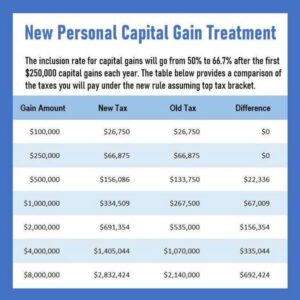From the October real estate sales statistics, it does seem that September was the bottom of the market. All stats in October are looking better. Sales rose 22.5% from last month and were 9.8% above the 10-year October sales average.
The inventory is lower. Compared to last October it was down 5.8% and compared to September 2019 it was a 9% decline. In part due to higher sales volume and in part due to a 16.3% reduction in new listings in October.
This in turn, resulted in higher prices across all property types. The benchmark price for a detached home is 0.3% higher than the month before; though, still down 7.5% year-over-year. For apartments, the benchmark price increased 0.2% from the previous month while it went up 0.5% for attached homes.
The sales-to-active listings ratio reflected the positive pricing pressure. The ratio is 17.3% for detached homes, 26.2 per cent for townhomes and 29% for apartments. Generally, between 12% and 20% is considered a balanced market. Anything over would indicate upward pricing pressure.
The Canada Mortgage and Housing Corporation put out a report in October on the outlook for the Vancouver market. It forecasted a range of prices over the next two years. On the high side, it will go up about 8% over the two-year period or be slightly down from today’s level. Goes to show how difficult it is to even tell the direction of the market.
The big real estate news last month was actually the election. With the Liberal continuing, we would expect an increase to the limit for the First Time Home Buyer Incentive. However, I still do not think it will have a big impact. Also, a one-per-cent vacant home tax is expected to pass. It will be applied to non-Canadians, not living in Canada. No details are available yet, so it is hard to estimate the impact.
What will impact Vancouver is the commitment to fund the Broadway corridor SkyTrain route. Remember what happened to real estate value when it happened for the Cambie corridor. Houses around the area tripled to quadrupled in prices in a short period of time due to bidding by developers. However, this time around the City of Vancouver will slap a hefty development fee to redirect some of that money into the city coffers. But it should still be a sweet deal for property owners in the area. Congratulations!
![]()
Alternative lending.ca help by comparing your options against bank options. Products provided besides regular bank mortgages include B-mortgages, second mortgages, home equity loans and reverse mortgages. Products are sourced from banks, credit unions, trust companies, mortgage finance companies, mortgage investment corporations and private lenders from across Canada.

